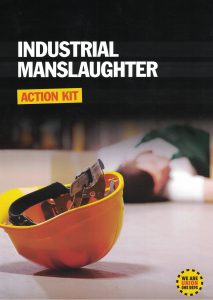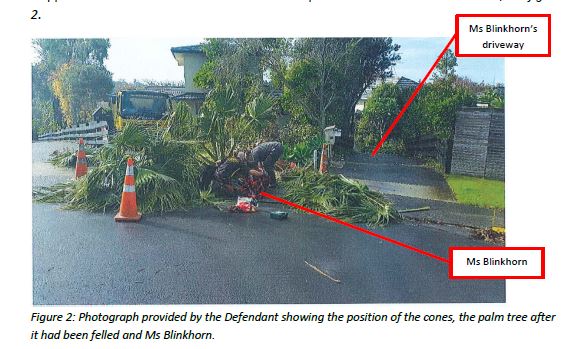 The Victorian trade union movement is preparing for the November 2018 State Election with one element of that campaign being the advocacy of Industrial Manslaughter laws.
The Victorian trade union movement is preparing for the November 2018 State Election with one element of that campaign being the advocacy of Industrial Manslaughter laws.
At the end of January 2018, the unions “kicked off” their campaign with a meeting which reviewed the challenges and wins for injured workers in 2017 and outlined their intentions for 2018. The Industrial Manslaughter Action Kit included a petition which says: Continue reading “Victoria is ripe for Industrial Manslaughter laws”

 The existence of this statement is of no surprise to occupational health and safety (OHS) professionals. Similar statements are made all the time. The sad surprise of this quote is that it appeared in 1972 on page 1 of the Safety and Health at Work – Report of the Committee 1970-72, otherwise know as the Robens Report.
The existence of this statement is of no surprise to occupational health and safety (OHS) professionals. Similar statements are made all the time. The sad surprise of this quote is that it appeared in 1972 on page 1 of the Safety and Health at Work – Report of the Committee 1970-72, otherwise know as the Robens Report.


 Victoria is the latest Australian State to introduce laws into Parliament that establish a licencing scheme for
Victoria is the latest Australian State to introduce laws into Parliament that establish a licencing scheme for  On 12 December 2017, part of Australia’s screen and television industry held a forum in Sydney about sexual harassment in the sector and what could be done to reduce this workplace hazard. This initiative occurred a day before an
On 12 December 2017, part of Australia’s screen and television industry held a forum in Sydney about sexual harassment in the sector and what could be done to reduce this workplace hazard. This initiative occurred a day before an